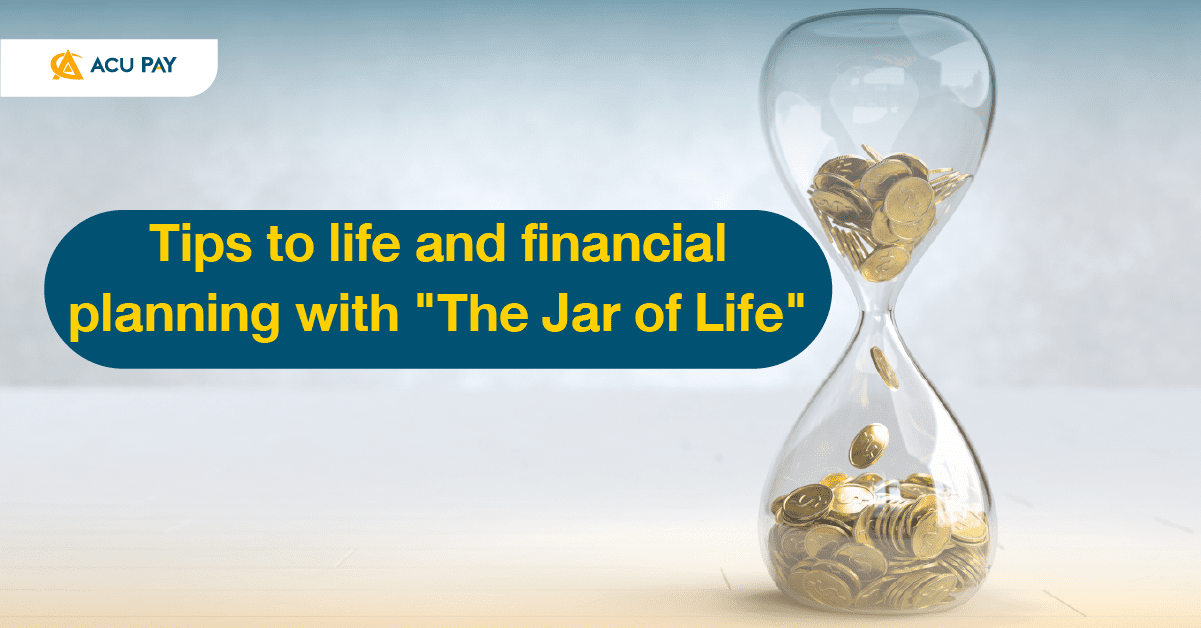

Have you ever noticed when you walk past a commercial building and see an empty land, there are often banana trees or trees planted lined up strangely? It does not happen in one place but MOST of the empty lands look like this. Why do they have to plan trees like that? Is there any reason behind this? Today, ACU PAY will tell you about it.
Normally, land and building taxes are taxed as much or less depending on the different types of land usage, which can be divided into 4 large groups as follows:
It can be seen that wasted land pays a high tax rate of 0.3 – 0.7%, which is higher than agricultural land. Due to this reason, the owners of the land started to turn empty land into agriculture, like growing crops and raising livestock, and banana trees, which we often see, lined up on empty land to help lower land taxes. If you grow crops and plant varieties as required by law, you can pay land tax for agriculture instead of paying taxes on wasted land.
Agricultural land can be classified into 3 types to show the difference between agricultural land and wasted land more clearly as follows:
If the owner is an individual, the first 50 million baht of land tax exemption will be granted. If there is an excess, the tax will be calculated from the excess amount.
Because of this reason, many people choose to turn wasted land into farmland but must plant plants and cultivation rates as required by law to reduce land taxes, also may generate income and add more greenland to that area. However, there’s a precaution for anyone who would change the land to grow crops because each type of plant could have a high cost and high crop maintenance cost. Consider carefully whether this cost is equivalent to paying taxes on wasted land each year or not.